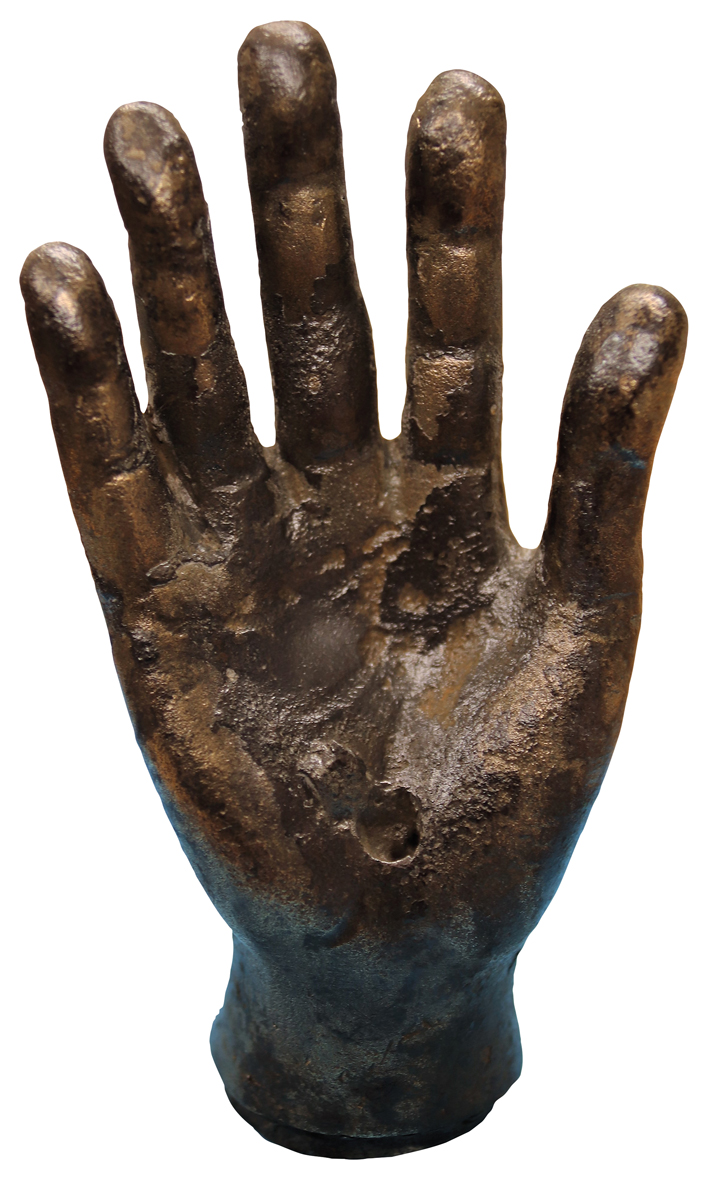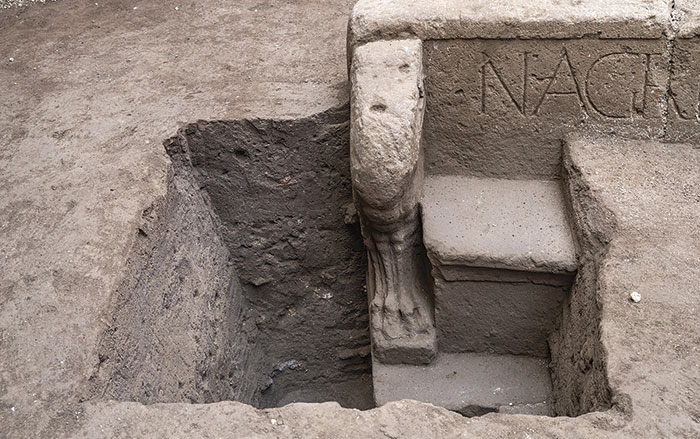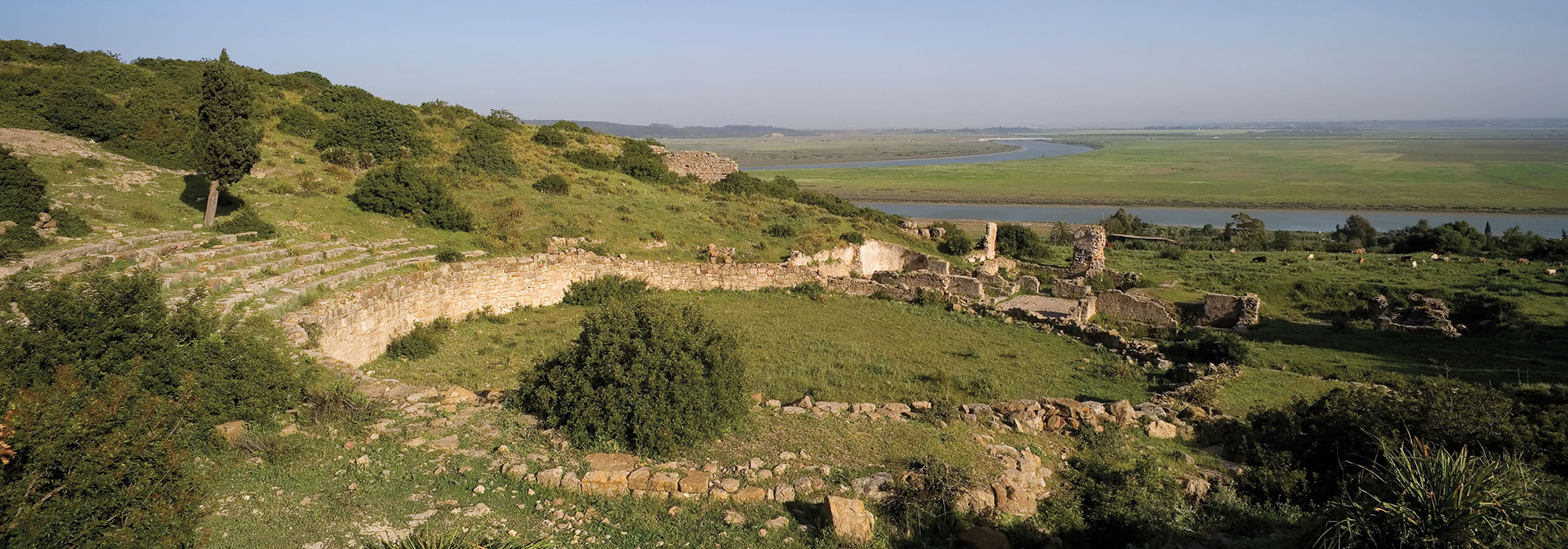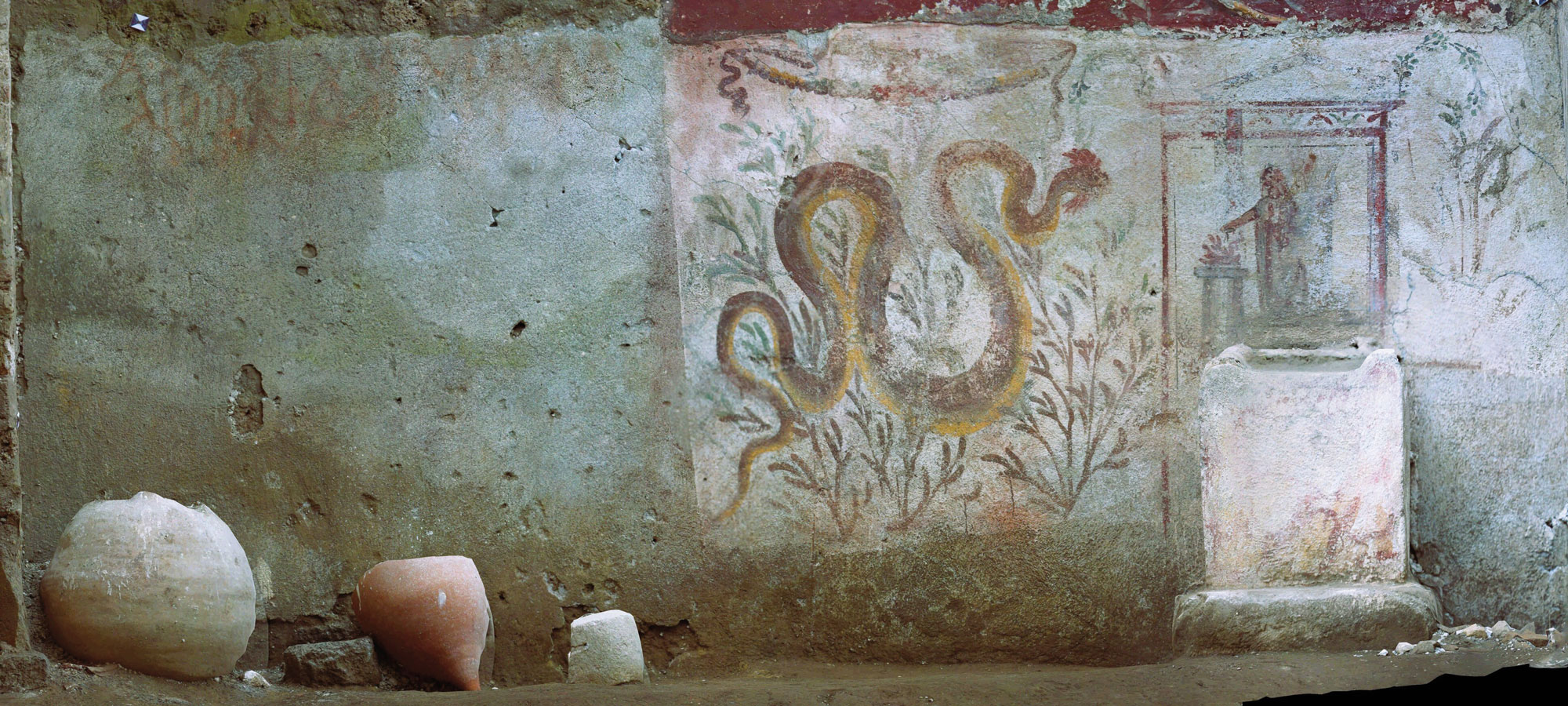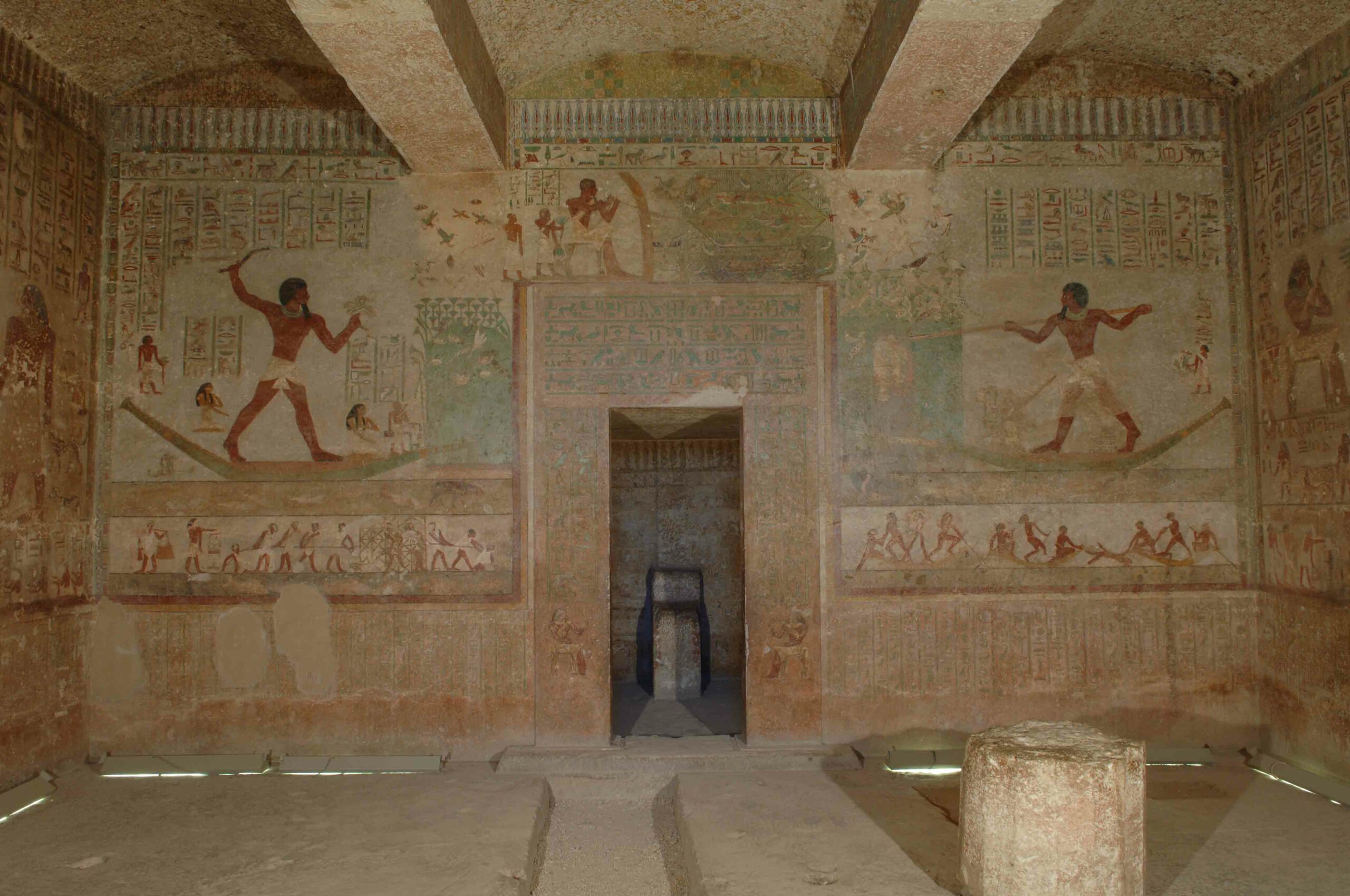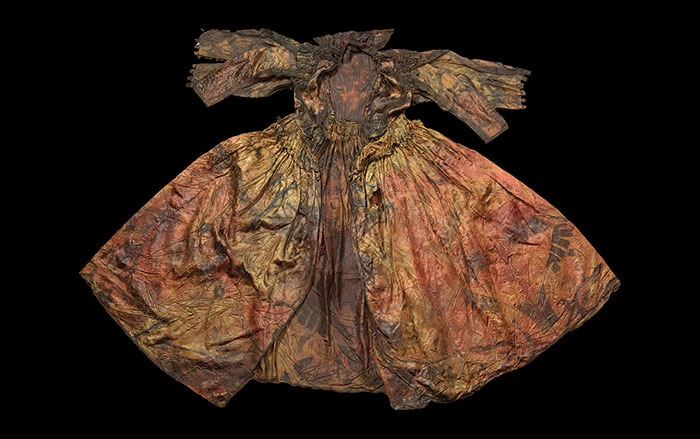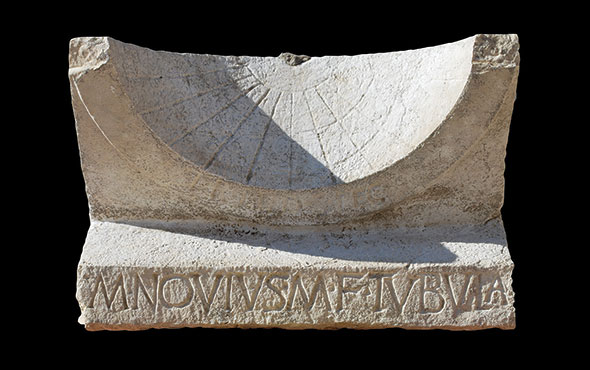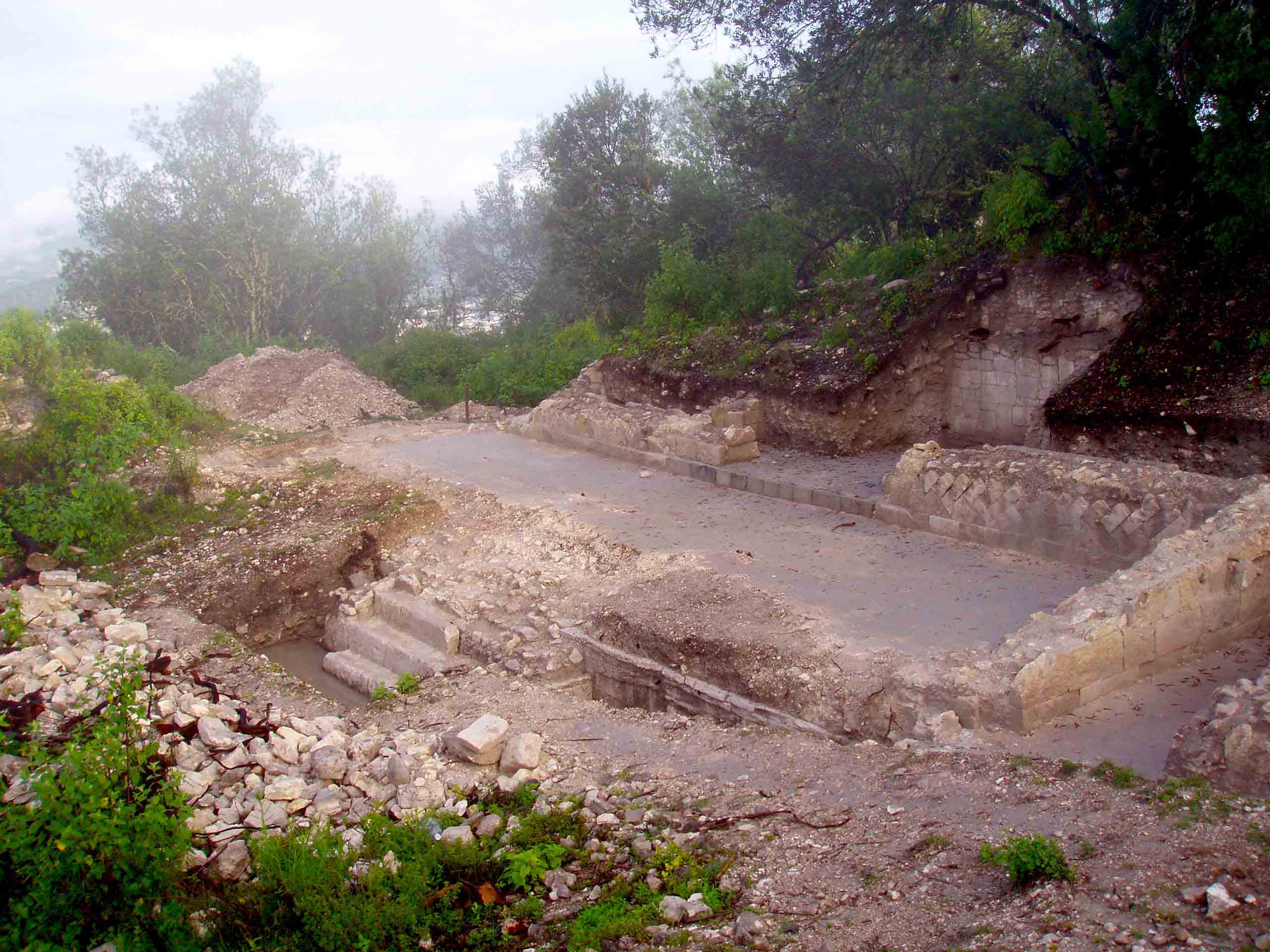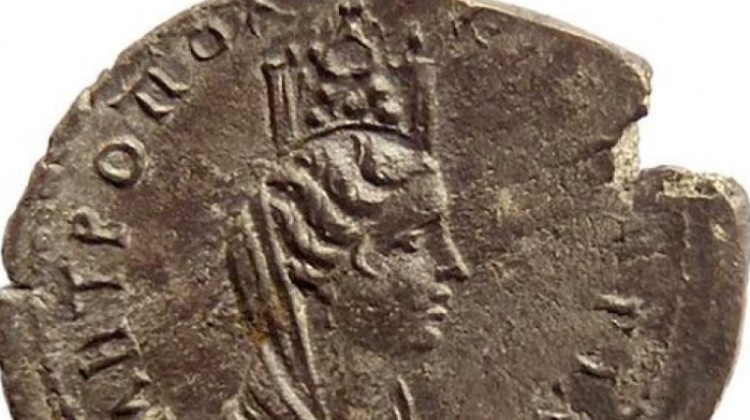
WARSAW, POLAND—Science in Poland reports that bronze and silver Roman coins have been unearthed in Georgia, on what had been the ancient border with the province of Cappadocia, by a team of Georgian and Polish archaeologists. The coins were all minted in Caesarea, which is located about 600 miles away, between the reigns of Hadrian, who ruled in the early second century A.D., and Septimius Severus, who ruled at the beginning of the third century A.D. “All coins were found very close to each other in the Roman fort [of] Apsaros,” said Radosław Karasiewicz-Szczypiorski of the University of Warsaw. He and Shota Mamuladze of Batumi Shota Rustaveli State University think the coins may have been part of a larger treasure possibly hidden by Roman soldiers before their expedition against the Parthians. The treasure may have been scattered by later earthworks and construction at the site of the fort by Byzantine, Ottoman, and Soviet soldiers. To read about one of the largest caches of Roman coins ever to have been found, go to “Seaton Down Hoard.”


